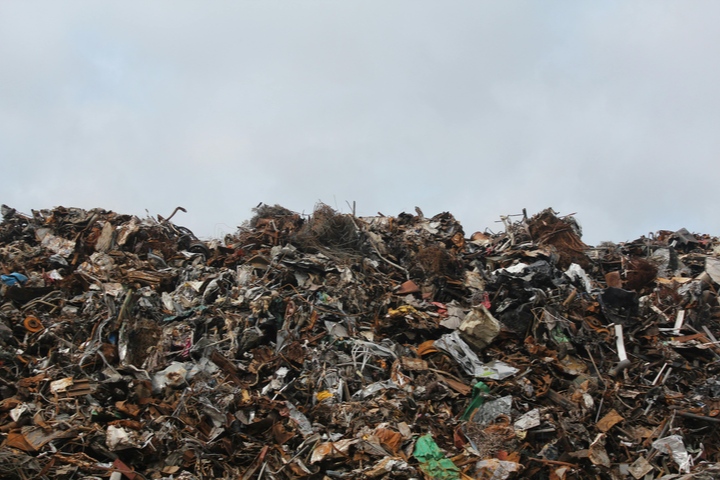PLASTICS AND ENVIRONMENT
India overtakes China as biggest polluter / 15% of global population lacks access to waste-collection services – Leeds university research
— By Plasteurope.com correspondent —
Millions of tonnes of plastics entering the environment, more than a billion people without access to waste-collection services, and over half of all plastics pollution being burned at enormous cost to communities and the natural world are some of the shocking conclusions of a new study by University of Leeds (www.leeds.ac.uk) in the UK.
Millions of tonnes of plastics entering the environment, more than a billion people without access to waste-collection services, and over half of all plastics pollution being burned at enormous cost to communities and the natural world are some of the shocking conclusions of a new study by University of Leeds (www.leeds.ac.uk) in the UK.
 52 mn t of plastic products entered the environment in 2020 (Photo: Pexels/Emmet) |
The university’s research team used AI to model waste management scenarios in more than 50,000 municipalities around the world, a tactic the researchers said enabled them to predict how much waste was being generated globally and what happens to it.
The study, which the Leeds team claimed was the first ever global inventory of plastic pollution, found that 52 mn t of plastic products entered the environment in 2020, that more than two thirds of the planet’s plastics pollution comes from uncollected rubbish, and almost 1.2 bn people – 15% of the global population – do not have access to waste-collection services.
Related: Marine litter could lead to damages worth EUR 178 bn by 2030
Additionally, the research suggested that in 2020, approximately 30 mn t of plastics – around 57% of all plastics pollution – was burned “without any environmental controls in place, in homes, on streets, and in dumpsites”.
The study showed India to be the biggest polluter, its 9.3 mn t accounting for 20% of all plastics waste, followed by other countries in South Asia, Sub-Saharan Africa and Southeast Asia. Conversely, the study suggested China, previously the highest plastics polluter, was making “substantial progress” in reducing plastics waste going into the environment, and was now ranked fourth worst with 2.8 mn t.
Researchers said that access to waste collection “should be seen as a basic necessity and a vital aspect of sanitation, alongside water and sewerage services”, while the burning of waste was as big an environmental problem as material being thrown away.
Costas Velis, who led the study, said, “We need to start focusing much, much more on tackling open burning and uncollected waste before more lives are needlessly impacted by plastic pollution. It cannot be ‘out of sight, out of mind’.”
The world urgently needs a legally binding plastics treaty, backed by scientific research, to tackle the sources of plastics pollution, he added.
30.09.2024 Plasteurope.com [256251-0]
Published on 30.09.2024
